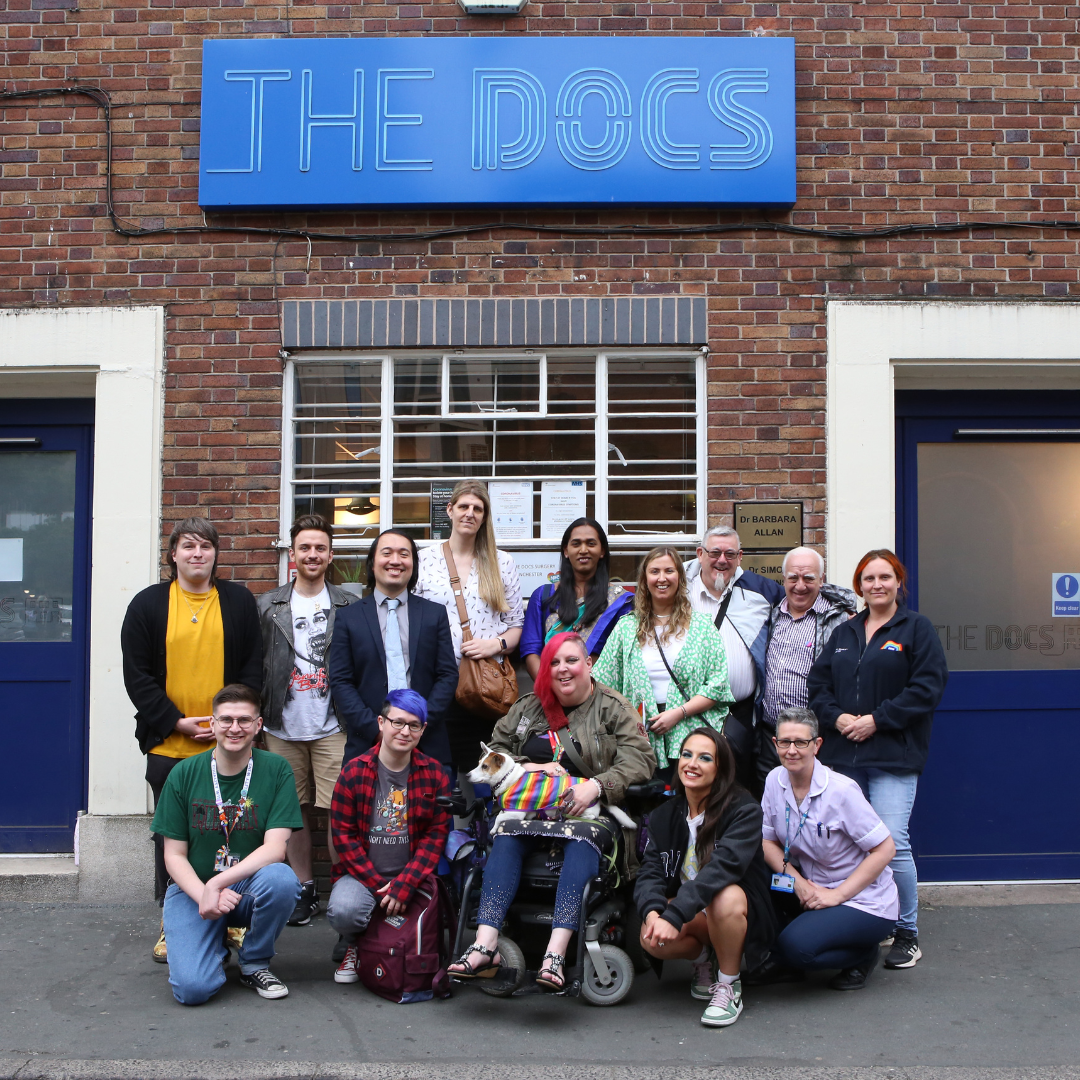
Hidden Figures: LGBT Health Inequalities in the UK
What is Hidden Figures?
Hidden Figures is a document that presents our assessment of the health inequalities faced by LGBT communities. Health inequalities arise at different stages of people’s lives, and LGBT people often experience specific further discrimination and marginalisation when accessing services to address these health inequalities. This report therefore uses a life course approach to highlight the importance of these stages and their cumulative impact on health and wellbeing. It also attempts to showcase the unique inequalities faced by LGBT people throughout the entirety of their lives, from cradle to grave.
As such, this report is designed to showcase how multiple health inequalities across a lifespan can impact sequentially and can lead to significantly worse health outcomes. It also touches on the wider determinants of health as well as some of the persistent causes of poor health experienced by LGBT people.
Who is it for?
This document is intended for commissioners and decision makers, those working with and supporting LGBT people, and those conducting research or writing media articles about the needs of LGBT people. We set out to make this document accessible, relevant and easy to navigate. Each section of the report may be pulled out as a stand-alone fact sheet, offering insight into a particular inequality area facing LGBT people.

We have deliberately decided not to make any recommendations. Rather, we are providing an insight into the lives of LGBT people and the issues affecting them, as evidence to support improved access to services, and evidence to support a range of campaigning and lobbying activity for LGBT equality.
LGBTQ+ Health Inequalities at a glance
Below are ten key statistics which we believe most clearly evidence the sequential and significant impact of experiencing inequality over the life course. Where possible, these have been compared to the general population.
- In 2017, 21% LGBT people reported that they had experienced a homophobic, biphobic or transphobic hate crime in the previous 12 months, with this rising to 41% for trans people.
- 23% of LGBT people have at one time witnessed anti-LGBTremarks by healthcare staff.
- In 2017, 1 in 6 LGBT people reported drinking almost every day in the last year, this compares to 1 in 10 adults in the general population who report drinking alcohol on five or more days per week.
- 45% of trans young people (aged 11-19) and 22% of cis LGB young people have tried to take their own life. Among the general population the NHS estimates this figure to be 13% for girls and 5% for boys aged 16-24.
- 24% of homeless people aged 16-24 are LGBT and 69% of these people believe parental rejection was a main factor in becoming homeless.
- 42.8% of LBT women said that they had experienced sexual violence compared to an estimated 20% of all women in the UK.
- 55% of gay, bisexual and trans men were not active enoughto maintain good health, compared to 33% of men in the general population.
- In 2017, 52% of LGBT people reported experiencing depression in the previous year. This includes 67% of trans people and 70% of non-binary people.
- In 2017, 40% of trans people who had accessed or tried to access public healthcare services reported having experienced at least one negative experience because of their gender identity in the previous 12 months.
- 93% of LGBT specialists and service users consider that more work needs to be done to improve end of life services for LGBT people.
Can you help us?
It is important that this information reaches as many people as possible, and to do that we need your support. Can you help us by sharing this research with your contacts, colleagues and networks? You could also share this on social media to ensure that this information and these experiences reach the widest possible audiences.
If you have any questions about the report, you can reach our research team at research@lgbt.foundation.







